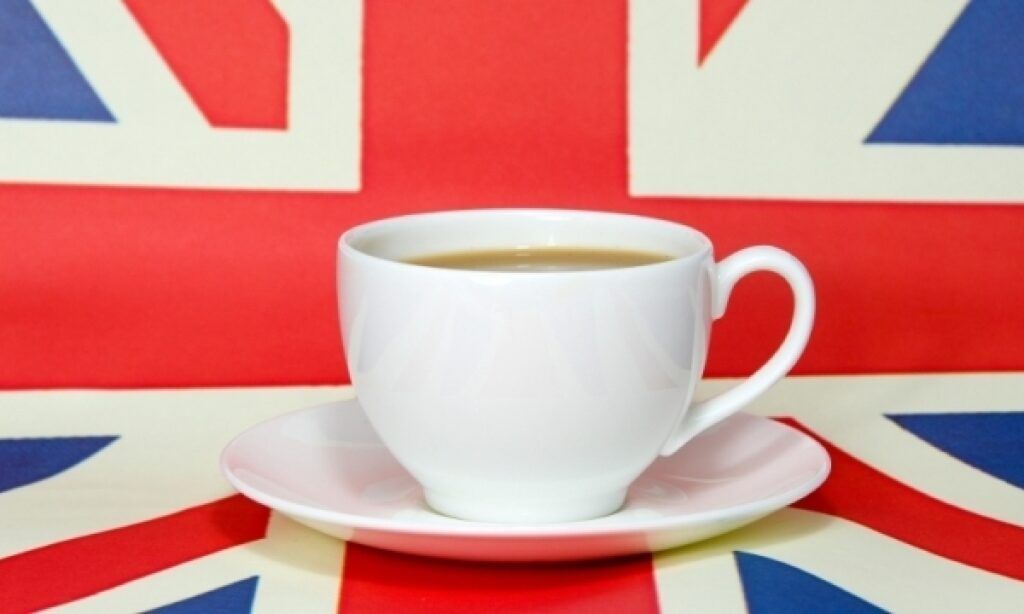Britain’s most popular drink could make your blood sticky and increase your risk of a blood clot according to a leading consultant venous surgeon
A blood clot in the vein, usually in the leg, is known as deep vein thrombosis and it now seems that ould sipping on the nation’s favourite drink be increasing your risk.
So now we know why there’s been such a surge in blood clots….
Professor Mark Whiteley told the Express that caffeine could lead to “sticky blood”, thereby increasing your risk of a blood clot.
“Dehydration affects the constituents of the blood, making blood thicker and more ‘sticky’,” Professor Whiteley pointed out. “Blood flows at a slower rate in veins than in arteries. Therefore, being dehydrated can increase the chances of developing a blood clot in the veins.”
Symptoms of DVT in the leg, as pointed out by the NHS include:
- Throbbing or cramping pain in 1 leg (rarely both legs), usually in the calf or thigh
- Swelling in one leg (rarely both legs)
- Warm skin around the painful area
- Red or darkened skin around the painful area
- Swollen veins that are hard or sore when you touch them.
If you think you have DVT, “ask for an urgent GP appointment or get help from NHS 111”.
“These symptoms can also happen in your arm or tummy if that’s where the blood clot is,” the NHS added.
Should any signs of DVT be accompanied by breathlessness or chest pain, “call 999 or got to A&E”.
Professor Whiteley noted tea – the nation’s favourite brew – contains caffeine, “which actually causes you to lose water”.
Thus, in addition to coffee and alcohol, tea “can make dehydration worse”.
The main indicators of dehydration include:
- Feeling thirsty
- Dark yellow or strong-smelling urine
- Feeling lightheaded
- A dry mouth.
“Dehydration means your body loses more water than you take in. Without enough water, your body cannot function properly, and you can become unwell,” Professor Whiteley added.
“In order to avoid becoming dehydrated, it is important to drink plenty of fluids.”
Yet, as seen above, not all fluids are created equal; some can clearly be more hydrating than others.
Professor Whitely recommends sipping on water, diluted squash, herbal teas, and fruit juice to help remain hydrated.
For hot days and balmy evenings, Professor Whiteley recommends:
- Staying in the shade as much as possible
- Avoiding direct heat, especially during the hottest part of the day.
He added: “Staying hydrated, no matter the weather, will help to improve your vein health.
“Consuming plenty of fluids, whatever the weather, will improve the overall circulation of the blood by thinning it. However, over-drinking can also cause problems.”

